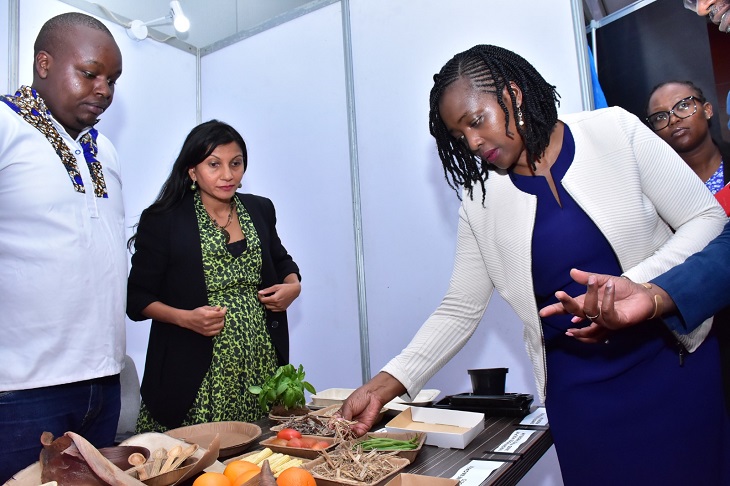Manufacturers have called on the Government to develop and implement policies that will accelerate the transition to a circular economy.
This was during the Loop Forum, hosted by the Kenya Association of Manufacturers (KAM) in partnership with the Royal Danish Embassy in Nairobi; the Embassy of the Kingdom of the Netherlands to Kenya; and the Ministry of Environment, Climate Change, and Forestry.
Speaking during the Loop Forum, the Cabinet Secretary, Ministry of Environment, Climate Change and Forestry, Ms. Soipan Tuya, reiterated Government’s commitment to transition Kenya from the linear model to a circular economy.
“Our plan focuses on people, the planet, and profits. The idea is to ensure that the goods of today become the resources of tomorrow. To this end, we shall soon pass the Extended Producer Responsibility (EPR) Regulations and revise the Waste Regulations 2006 to include all kinds of waste. Additionally, we have developed the Circular Economy Strategy, and are set to operationalize the Waste Management Council.”
The Ambassador of, the Royal Danish Embassy in Nairobi, Ambassador, Mr. Ole Thonke, identified opportunities in the circular economy. “By adopting a circular economy, we shall create markets for Kenya, Netherlands, and Denmark, which shall subsequently benefit citizens, businesses, and government. We urge Kenya to prioritize this transition, by creating an enabling environment for all.”
The Ambassador of the Kingdom of the Netherlands to Kenya – H.E. Maarten Brouwer called for the efficient use of resources by manufacturers. “The current crises facing Kenya are attributed to the effects of climate change. A circular economy is the surest way of safeguarding our future. There is a flourishing recycling industry in the country, which if tapped into, shall lead to jobs. Today’s forum has come at an opportune time, as Kenya shifts from multi-stakeholder engagement to policy development and implementation.
KAM Board Director, Mr. Mucai Kunyiha observed that Kenya’s business community recognizes that accelerating the transition to a circular economy is one of the surest ways of securing the future of our planet. “The uptake of circular economy is more and more feasible and needs to be valued. On the other hand, the global manufacturing landscape is undergoing a profound transformation, characterized by technological innovations geared towards process efficiency and resource recovery, the use of clean energy sources, impact-centered global agreements and policies, and responsible production and consumption as we shift to a circular economy. Unfortunately, the uptake of critical tenets of the circular economy in Kenya remains low. This is attributed to low levels of awareness, taxation, and regulations that hinder the transition to a circular economy. It is important that all partners, including government, and stakeholders adapt to the changing trends to drive sustainability.”
The Loop Forum was themed ‘Accelerating the circular transition – Waste to resources and cleaner production.’ It focused on business opportunities and economic policies, regulations, and opportunities in the circular economy.

